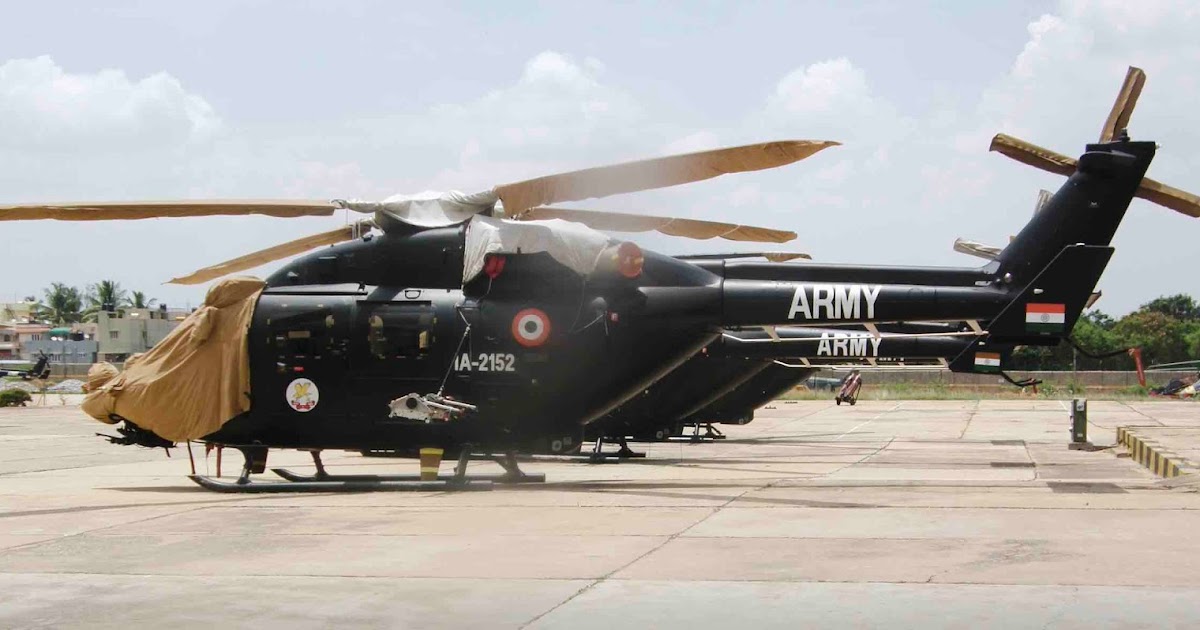
Indrajaal claims to be the only anti-drone system that protects against micro, mini, small, large and extra-large drones
By Vikas Gupta
Defence News of India, 5th Sept 2023
Hyderabad
Hyderabad-based private sector firm, Grene Robotics, launched on Saturday the demonstration of a weapons platform named Indrajaal — which it calls the world’s only autonomous wide area, counter-unmanned aircraft system (C-UAS).
Claimed to be the world’s only anti-drone system capable of protecting against micro, mini, small, large and extra-large drones, this marks a breakthrough in Indian defence technology.
Grene Robotics executives say the company has spent its own money and utilised its own scientific and technological manpower to create live demonstrations for government officials and tri-service members.
Indrajaal was unveiled in the presence of Lieutenant General Gurmit Singh, the governor of Uttarakhand, who described the system as a groundbreaking advance in defence technology that would reshape the security landscape for defence, public and private infrastructure.
“This system will not only enhance our nation’s self-reliant military capabilities but also address the urgent need of the hour to defend against the increasing threat of drones,” said the general, who once heading the army’s equipment procurement.
The trial is being conducted at Grene Robotics’ 79-acre test facility in Hyderabad.
Over the past decade, and especially since the wars in Azarbaijan-Armenia and Ukraine-Russia, the world has encountered a significant surge in hostile UAS activity. India’s defence forces have detected and foiled several attempts to drop weapons, money and narcotics into the country.
Intelligence reports have indicated that Pakistan’s spy agency, Inter-Services Intelligence (ISI) is actively planning to employ drones for smuggling weapons and narcotics into India’s Jammu and Punjab regions.
Pakistan’s drone missions appear to have three primary objectives: surveillance of Indian security forces, narcotics smuggling, and distributing weapons within Indian territory. There has been a steady increase in drone-based weapon deliveries, with 76 cases reported in 2020, 109 in 2021, 266 in 2022, and approximately 200 cases in 2023 alone.
Indrajaal’s design principle leverages a combination of 12 unique layers of technology powered by artificial intelligence for the first time in the world. Using this, the system has the ability to detect, identify, classify, track, and swiftly neutralize threats in real time.
Providing 360-degree protection, Indrajaal can defend areas of up to 4000 square kilometres against all classifications and levels of unmanned autonomous threats.
Indrajaal is currently demonstrating the ability to provide protection against all categories of ariel threats, including low radar cross section (RCS) threats, medium altitude long endurance (MALE) and high-altitude long endurance (HALE) UAVs, loitering munitions, smart bombs, rocket showers, nano and micro drones, swarm drones and other contemporary threats.
There are several limitations to current counter-drone deployments. First, airspace in the future will have more friendly drones than threats. Current stand-alone systems are not scalable and not even practical.
Engaging the current systems through jammers can only delay, but not stop, an attack. Laser
weapons are effective only against large, non-moving targets; while there are no effective countermeasures against swarm attacks.
Existing “point defence-based” anti-UAV systems are inadequate against drone threats as they rely on physical sighting. They cannot protect large defence bases or vast areas like the National Capital Region which contains several critically important buildings.
Indrajaal mitigates these limitations by combining 12 proprietary technologies for the first time into a wide-area networked system.






